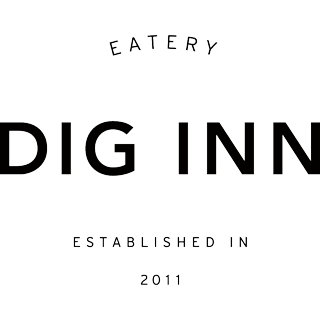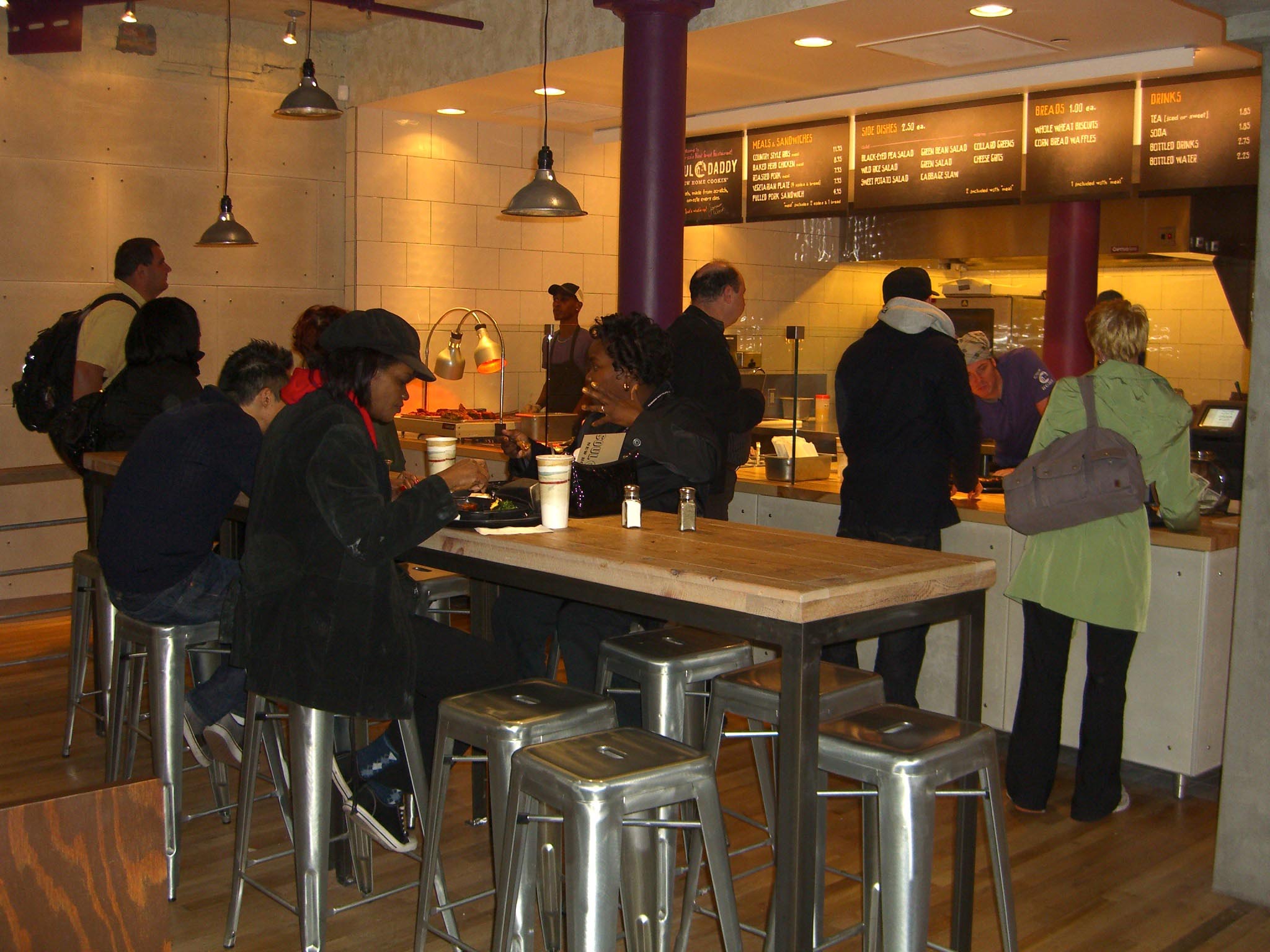|
Dig (restaurant)
Dig (formerly Dig Inn) is an American chain of locally farm sourced restaurants that was founded by Adam Eskin. In 2011, the first Dig restaurant was opened in New York City. As of June 2023, the chain has 31 restaurants in New York City, Brooklyn, Rye Brook, Stamford, Philadelphia, Bridgewater, and Boston. The company opened its first Philadelphia location in 2019. History The company received $21.5 million in early funding rounds, followed by $30 million in Series D A venture round is a type of funding round used for venture capital financing, by which startup companies obtain investment, generally from venture capitalists and other institutional investors. The availability of venture funding is among the ... funding. The main contributors to this funding include Monogram Capital Partners, and Bill Allen (former CEO of OSI Restaurant Partners). In January 2019, the company introduced a new delivery concept called Room Service available in limited release in downtown Ma ... [...More Info...] [...Related Items...] OR: [Wikipedia] [Google] [Baidu] |
Privately Held Company
A privately held company (or simply a private company) is a company whose shares and related rights or obligations are not offered for public subscription or publicly negotiated in the respective listed markets, but rather the company's stock is offered, owned, traded, exchanged privately, or Over-the-counter (finance), over-the-counter. In the case of a closed corporation, there are a relatively small number of shareholders or company members. Related terms are closely-held corporation, unquoted company, and unlisted company. Though less visible than their public company, publicly traded counterparts, private companies have major importance in the world's economy. In 2008, the 441 list of largest private non-governmental companies by revenue, largest private companies in the United States accounted for ($1.8 trillion) in revenues and employed 6.2 million people, according to ''Forbes''. In 2005, using a substantially smaller pool size (22.7%) for comparison, the 339 companies on ... [...More Info...] [...Related Items...] OR: [Wikipedia] [Google] [Baidu] |
Fast Casual Restaurant
A fast casual restaurant, found primarily in the United States and Canada, does not offer full table service, but advertises higher quality food than fast food restaurants, with fewer frozen or processed ingredients. It is an intermediate concept between fast food and casual dining. In Canada, it is also often referenced by a wordplay fast good or a francization haut-de-gamme (literally "top notch"). History The concept originated in the United States in the early 1990s, but did not become mainstream until the end of the 2000s and the beginning of the 2010s. During the economic recession that began in 2007, the category of fast casual dining saw increased sales to the 18–34-year-old demographic. Customers with limited discretionary spending for meals tend to choose fast casual for dining perceived as healthier. Definition The founder and publisher of FastCasual.com, Paul Barron, is credited with coining the term "fast-casual" in the late 1990s. Horatio Lonsdale-Hands, f ... [...More Info...] [...Related Items...] OR: [Wikipedia] [Google] [Baidu] |
Series D
A venture round is a type of funding round used for venture capital financing, by which startup companies obtain investment, generally from venture capitalists and other institutional investors. The availability of venture funding is among the primary stimuli for the development of new companies and technologies. Features Parties *Founders or stakeholders. Introduce companies to investors. *A lead investor, typically the best known or most aggressive venture capital firm that is participating in the investment, or the one contributing the largest amount of cash. The lead investor typically oversees most of the negotiation, legal work, due diligence, and other formalities of the investment. It may also introduce the company to other investors, generally in an informal unpaid capacity. *Co-investors, other major investors who contribute alongside the lead investor *Follow-on or piggyback investors. Typically angel investors, high-net worth individuals, family offices, insti ... [...More Info...] [...Related Items...] OR: [Wikipedia] [Google] [Baidu] |

